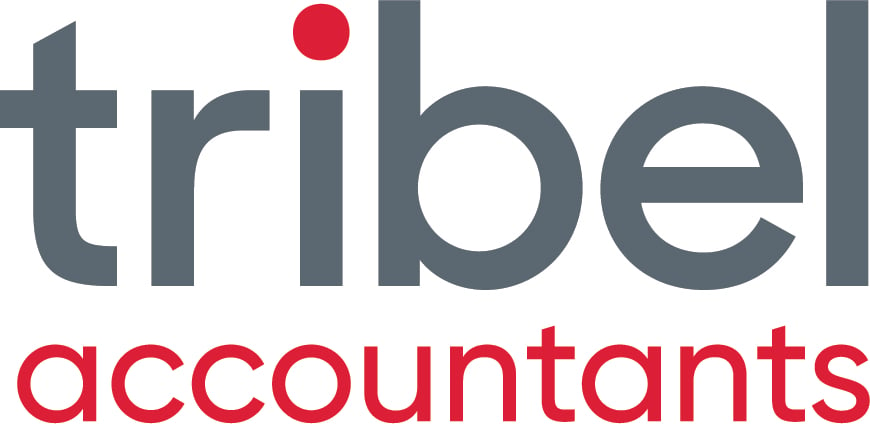INTRODUCTION:
Whether you are preparing a business plan or cash flow forecast, it's important that you have what is known as 'business intel' in order to prepare your small business path to success. If you are business planning and would like a higher small business valuation or if you would prefer sure fire business growth strategies then you need to have business intelligence.
So what are some key business intelligence items?

Figure 1: Sitting down at the table to discuss key information about your business will pay dividends.
1. Customer spend this period versus last period
It's important to see how much your customers are spending with you. This can be as simple as printing off a sales by customer report for a month, quarter or year from your accounting system such as Xero. Compare the current period spend by customer to last period and:
- Have customers spend dollars dropped and if so why?
- Is there a trend for a certain type of business that are spending with you? If so, should you be targeting more businesses in the same industry to win their business?
- Use these reports in advance to gain information with your next period sales plan. For example, if you are coming into Christmas and you note that certain customers spent with you for the same period last year, contact them and stay front of mind with them.
2. reasons why your business has new customers (& lost)
Using the same report:
- Why did you win the new customers?
- How did they find you? (helps when assessing advertising spend versus return);
- Why did you lose customers? is there a common trend? (price, poor service, poor product etc)?
3. EXPENSES AS A PERCENTAGE OF REVENUE
When preparing your cash flow forecasts, sit down with your small business accountant and work out whether your expenses as a percentage of revenue are going up or down this year compared to last year.
- Why have they moved?
- Do we need to embrace technology more or do we need to increase our prices because our costs have not been passed on?
- If we increase our prices what is our point of difference when explaining value to our valued customers?
4. INDUSTRY BENCHMARKING
How does our business performance compare with industry averages? This is called benchmarking.
This information can usually be obtained from your accountants or business advisors or you can even source it from companies such as Ibisworld (will cost unless your accountant subscribes) or you can obtain some benchmarks from the ATO's website (also assists to make sure you whether you might be the target for an audit!).
5. sales activity by salesperson
Do you measure the following:
- Number of phone calls/contacts made per week by salespersons;
- Number of leads/enquiries;
- Number of quotes or proposals given;
- Conversion rates;
- Average spend per customer.
Remember - is your business a go-getter or just an order taker (i.e. waiting for the phone to ring)?

Figure 2: Are your sales team like a dog at a bone? Barry the Pug says "Don't be an order taker - be an order maker!"
6. cash flow metrics
Cash flow forecasts can be compared to actual metrics by comparing budget to actual:
- Debtor days (average time it takes for your business to be paid);
- Inventory days (average time to turn your stock over);
- Supplier days (average time you take to pay your bills).
CONCLUSION:
When you are preparing your business plan, use some of the above business intel to assist you with your roadmap to success. Business valuations tend to be higher for those that have access to raw data. This can then be easily accessed to allow your business to move quickly and adapt before it's too late.
So if I were to ask you "Where's your business intelligence reports?", what will you give or say to me?


.png?width=100&height=100&name=COVID_Safe_Badge_Digital%20(002).png)




